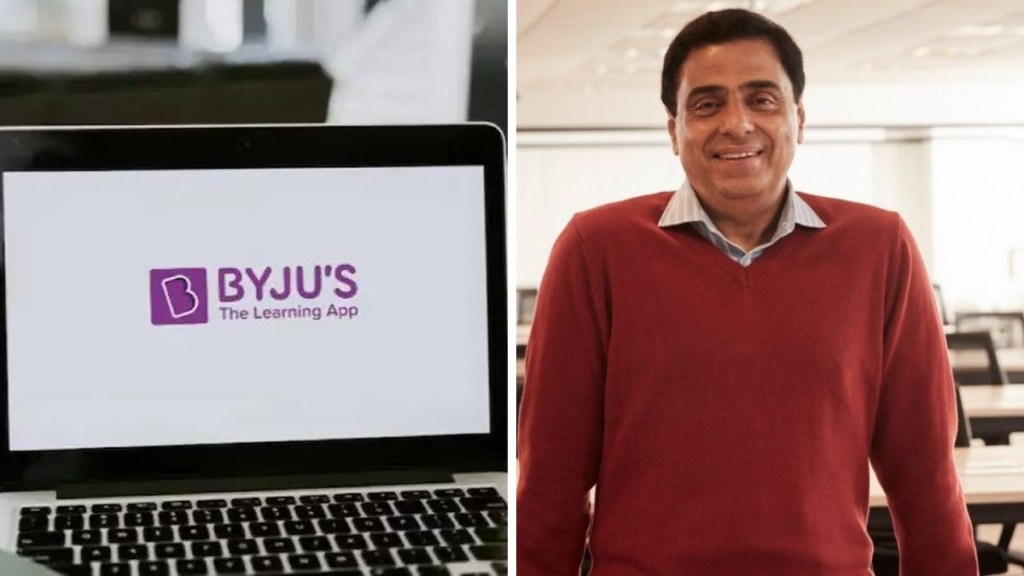upGrad’s chairperson and co-founder, Ronnie Screwvala on Wednesday said that Byju Raveendran, the CEO and co-founder of Byju’s, along with the company’s approximately 51 investors, are responsible for the company’s downturn.
Speaking at the ASU+GSV & Emeritus Summit in Gurugram, Screwvala said these investors prioritised secondary matters over critical issues like the absence of a CFO during board meetings.
He urged investors to exercise their fiduciary duty, suggesting that proactive inquiry could have altered the trajectory of companies like Byju’s years ago.
“You need to be an active board member, you need to ask the right questions. Why would anyone stop asking questions after they put in $100 million to $4 billion? You have the right to do that. In those exact companies, if people had asked questions, they’re now beginning to ask, four years back – it could have been a very different story. It may not have even raised $4 billion, it did,” added Screwvala.
Earlier, Screwvala had taken to social media platform X to express solidarity with a group of shareholders of Byju’s including Peak XV Partners and Prosus, who issued notice for an extraordinary general meeting to oust the founders from day to day operations of the company, and revamp the board. At present, the company’s board consists of founder and CEO Byju Raveendran, co-founder and wife Divya Gokulnath, and brother Riju Raveendran. Other members had quit last year.
The call for an EGM had come after the company had on January 29 informed its investors of a rights issue to raise $200 million at a post-money valuation of $220 million, which is a massive 99% drop from the highs of $22 billion in 2021. The rights issue, which is open for 30 days, has received encouraging responses from multiple investors, according to the company.
Screwvala has been an outspoken critic of Byju’s over the past two years as legal, financial, and cultural trouble mounted at the company. His latest remarks come ahead of a meeting he has scheduled with edtech founders in Delhi later this week to address key issues within the Indian edtech landscape.
Meanwhile, Byju’s continues to be under a severe liquidity crunch, with multiple regulatory proceedings by the BCCI, a group of foreign lenders, and France-based vendor Teleperformance for insolvency at the NCLT, and pending dues to employees including full and final settlements, PF, and TDS, all adding to its outstanding liabilities. The company has total liabilities of $120 million, according to sources close to the company.
They added that the company has managed to bring down the monthly burn rate of its core business to Rs 50 crore and aims to achieve operational break-even in the next 2-3 months. It also plans to reconstitute the board after completing its pending FY23 audit.
